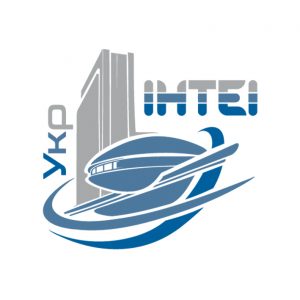http://doi.org/10.35668/2520-6524-2024-4-04
Alasgarova Nigar — Senior Researcher, Economic Scientific Research Institute of Azerbaijan Republic Ministry of Economy, 196, Hasan Bey Zardabi avenue, Baku city, Yasamal district, AZ1122; nigar.alasgerova@gmail.com; +994505785033; ORCID: 0000-0002-0506-229X
MALAYSIA IN THE GLOBAL ISLAMIC ECONOMY: DEVELOPMENT PATH AND POSITION
Abstract. Malaysia is one of the countries where the Islamic economy has successfully developed as a dualistic model. From the adoption of the first Islamic banking law in 1983 to the present, Malaysia has become one of the world’s leading countries in this field. In addition to the historical development of the Islamic financial system of Malaysia, the article discusses the main development characteristics of sectors such as halal industries such as halal food, tourism, fashion, pharmaceuticals, and cosmetics. In addition, the position of Malaysia in the World Islamic economy was analyzed based on international reports. As a result of the research, it can be said that the support programs and strategies implemented by the state in Malaysia, the creation of a legal framework, the application of a single standard, the promotion of cooperation between research institutes and SMEs, and the provision of financial access played an important role in the development and internationalization of halal industries. As a result, today Malaysia is one of the leading countries in the top three in the main indicators of the Islamic economy.
Keywords: Malaysia, Islamic Finance, Halal Industry, Islamic Banks, Halal Standard.
REFERENCES
- Zakhiri, M. Md Nor, Mohamad, A. M., & Yaacob, H. (2016). The Development of Islamic Finance in Malaysia. Islamic Banking and Finance: Principles, Instruments & Operations.601–617.
- (2020). Malaysia: Islamic Finance & Financial Inclusion. International Bank for Reconstruction and Development. The World Bank. 50–51.
- World Halal Week 2016 (WHW 2016). Ministry of Investment, Trade and Industry. Retrieved from: https://www.miti.gov.my/index.php/pages/view/3195.
- JAKIM halal certification & consultancy in Malaysia. Mandreel Malaysia. Retrieved from: https://www.mandreel.com/malaysia/jakim-halal-certification-consultancy/.
- Official Website of the Malaysian Industrial Development Authority. Retrieved from: https://www.mida.gov.my/mida-news/malaysian-halal-parks-record-rm200-mln-increase-in-direct-investment/.
- Halal Industry Master Plan 2030. Ministry of Investment, Trade and Industry. 6.
- Malaysian halal export reach RM44.17 Bln. as of October 2023. BERNAMA Malaysian National News Agency. Retrieved from: https://www.bernama.com/en/news.php?id=2253006#.
- ICD – LSEG Islamic Finance Development Report 2024: From Niche to Norm. Retrieved from: https://www.zawya.com/en/economy/islamic-reports/islamic-finance-development-report-2024-from-niche-to-norm-pwqeoqow.
- State of the Global Islamic Economy Report 2023/24. Dinar Standart, P. 64–67.
- Siddique, E. Azam, & Abdullah, Moha Asri (2021). Halal Standards Globally: A Comparative study of unities and diversities among the most popular halal standards globally. 1 (1), 11–31.
- Omar, S. bin Syed Agil, & Mohd, Zahrain Bin Mohd Nor (2012). Positioning the Halal Food Industry: The Case of Malaysia. NIDA Case Research Journal. 4 (2), 157–172.

